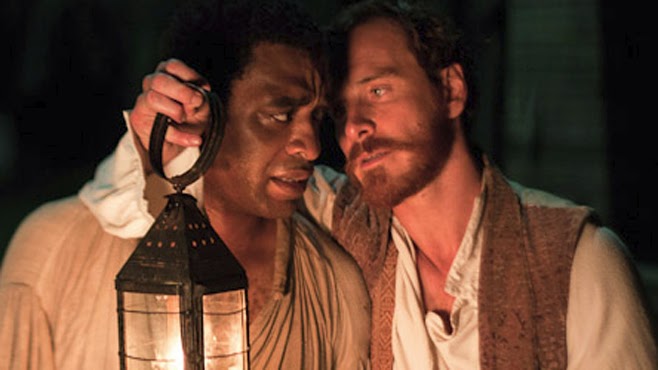Last year on April 4th, just before my birthday, I received the news that Roger Ebert had passed away. I was saddened more than I thought I could be by the death of someone I never knew. I did meet him once at a book signing in New York; I wrote about that experience and my thoughts and feelings about Roger Ebert in my tribute last year. I only met him once, never knew him, but I will always miss him.
This year, just before my birthday I received in the mail a
messenger bag, t-shirt, and gift card to Steak ‘n Shake from the Life Itself production team for a small
donation to the Indiegogo.com campaign to cover post production costs of Life Itself, the documentary about Ebert
by filmmaker Steve James.
I was able to watch Life
Itself streaming online in concurrence with its premiere at the Sundance
Film Festival this past January, an additional perk of contributing to the
production. I’m not sure at what point during the documentary I realized that I
would not be able to give this film an “objective” review. Fortunately, as
Ebert was apt to remind everyone, there is no such thing as an objective
review.
It seems obvious that Steve James would be the one to make
this film. James’s 1994 documentary Hoop Dreams was championed heavily by Siskel and Ebert. The Criterion DVD
edition of Hoop Dreams contains their
initial enthusiastic review, a special segment in which they accuse the
documentary wing of the Academy Awards of corruption after Hoop Dreams was not nominated for Best Documentary (it turns out
they were right), and the special show in which Ebert names Hoop Dreams the best film of the 1990’s.
Life Itself takes
the structure of Ebert’s memoir of the same name beginning with the straightforward
linear of childhood, youth, early career, before beginning anecdotes, jumping
to the present, then back to the past. There are interviews with friends and
colleagues and filmmakers. Roger Ebert was able to become friendly, if not
friends, with filmmakers like Martin Scorsese, Werner Herzog and others. He
helped a few personally when he could and they tell their stories too. There
is, of course, a portion about Gene Siskel and the creation of the show that
made them famous, even to people that didn’t follow critics. I do wish there
was more about the show and its different versions, especially its final
incarnation on PBS, and also how he dealt with being famous for being a film
critic, a relatively normal job.
If you are a fan of Roger Ebert, or movies, or journalism,
you will enjoy this documentary. It is a fitting tribute and portrait of a life
that touched and influenced the lives of people he never meant and influenced movies
and filmmakers even though he never directed one. As you can imagine the tone
of the documentary shifts as it covers Ebert’s illness, the loss of his voice,
and his death. After he lost the ability to speak, Roger Ebert reinvented himself
in the most wonderful way with his website, his blog, and then twitter. Even
though he could not speak, you could read his words and there was his voice. Now
that he is gone I can still hear his voice.



















